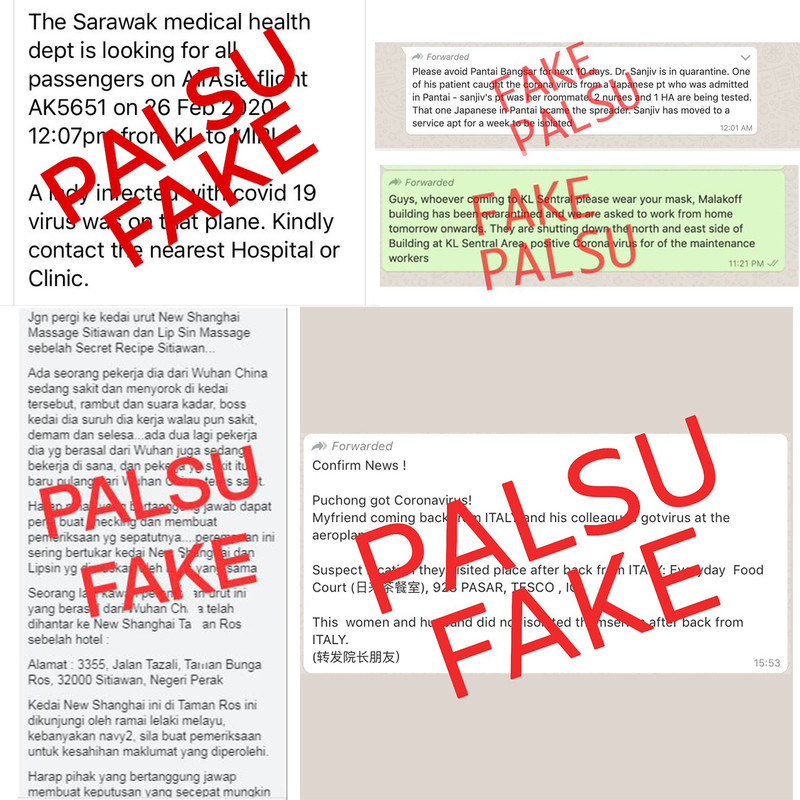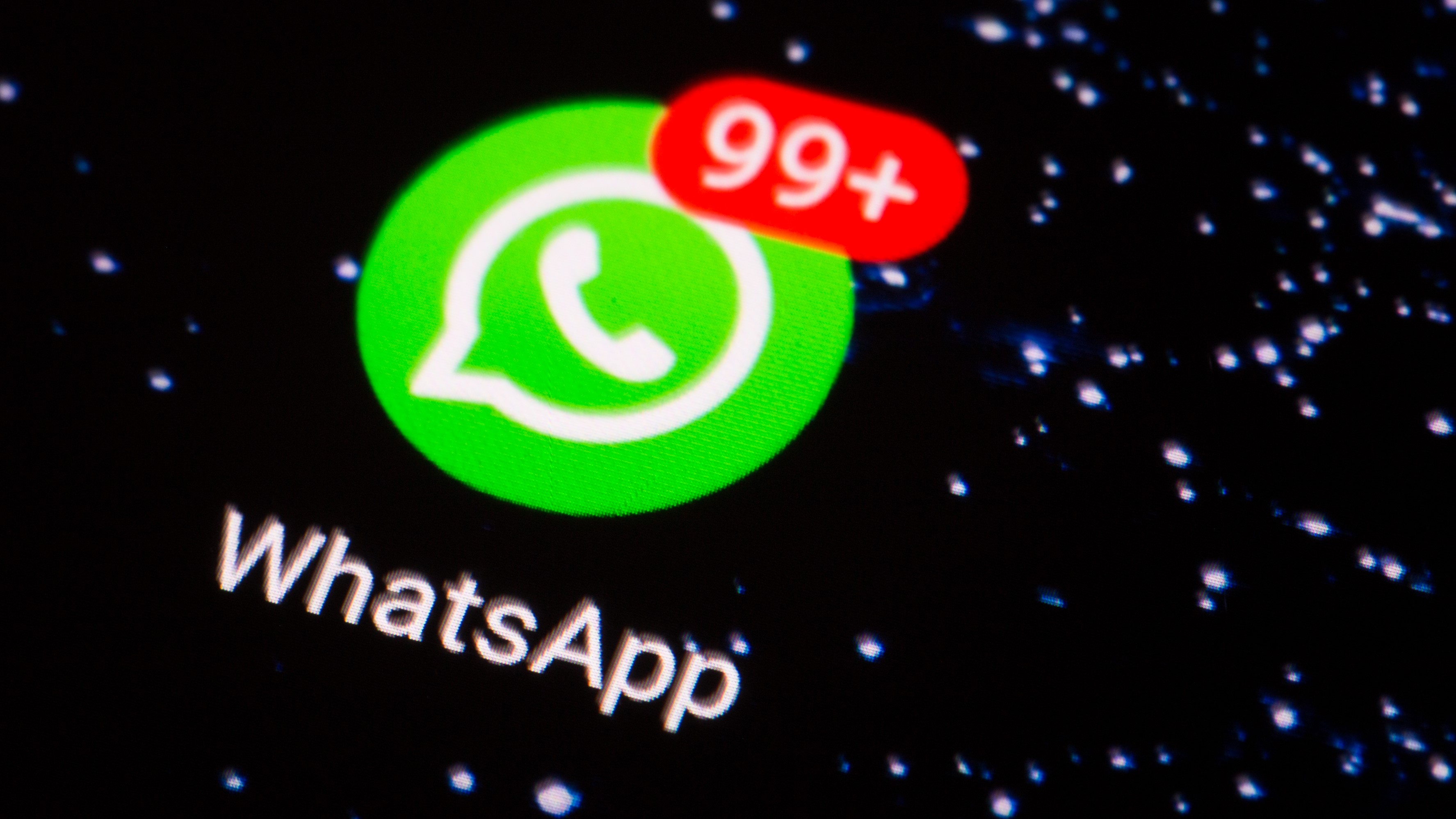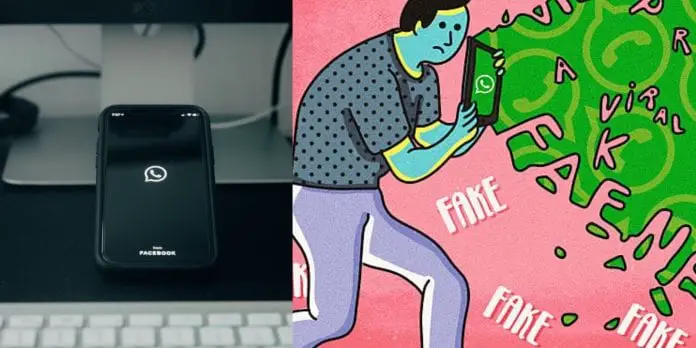Many of us have probably seen those fake messages that are circulating around the Internet. For example, drinking hot water will move the virus to your stomach where the acid will kill it. Another one is that tea contains the chemicals that can help prevent AND cure Covid-19. It’s sad to see these messages of misinformation spreading around and it can be harmful. Which is why WhatsApp is introducing a new feature to make it more difficult to share messages.

Sometimes I see these messages of misinformation and wonder who on earth is gaining from this. Who is the person who is sitting at home thinking of new lies to spread. Of course, sometimes we can’t blame the person sharing it to us.
In fact, it’s typically the older generation who are forwarding these messages on WhatsApp. Usually it’s your uncle and aunty that might be wasting your time and spreading wrong information. However, we need to remember that it might be more difficult for them to sift through information and that they only mean well.

Thankfully, WhatsApp is now limiting the number of times a message can be forwarded. So yes, that fake news can still spread but it will be much harder now. Once a message has been forwarded five times from its origin, a user can only forward to one chat.
For example, you receive a message that has been forwarded five times from the original device. You will only be able to forward that message to one person/chat at a time.

This will help to slow down the spread of that misinformation and hopefully even help to discourage it. After all, it sounds quite tedious to sit there and forward that message about twenty times.
Also, let’s not forget that we can always try to help find valuable information for our older relatives. They like to receive news to stay updated and it’s better we know they are receiving accurate information.















